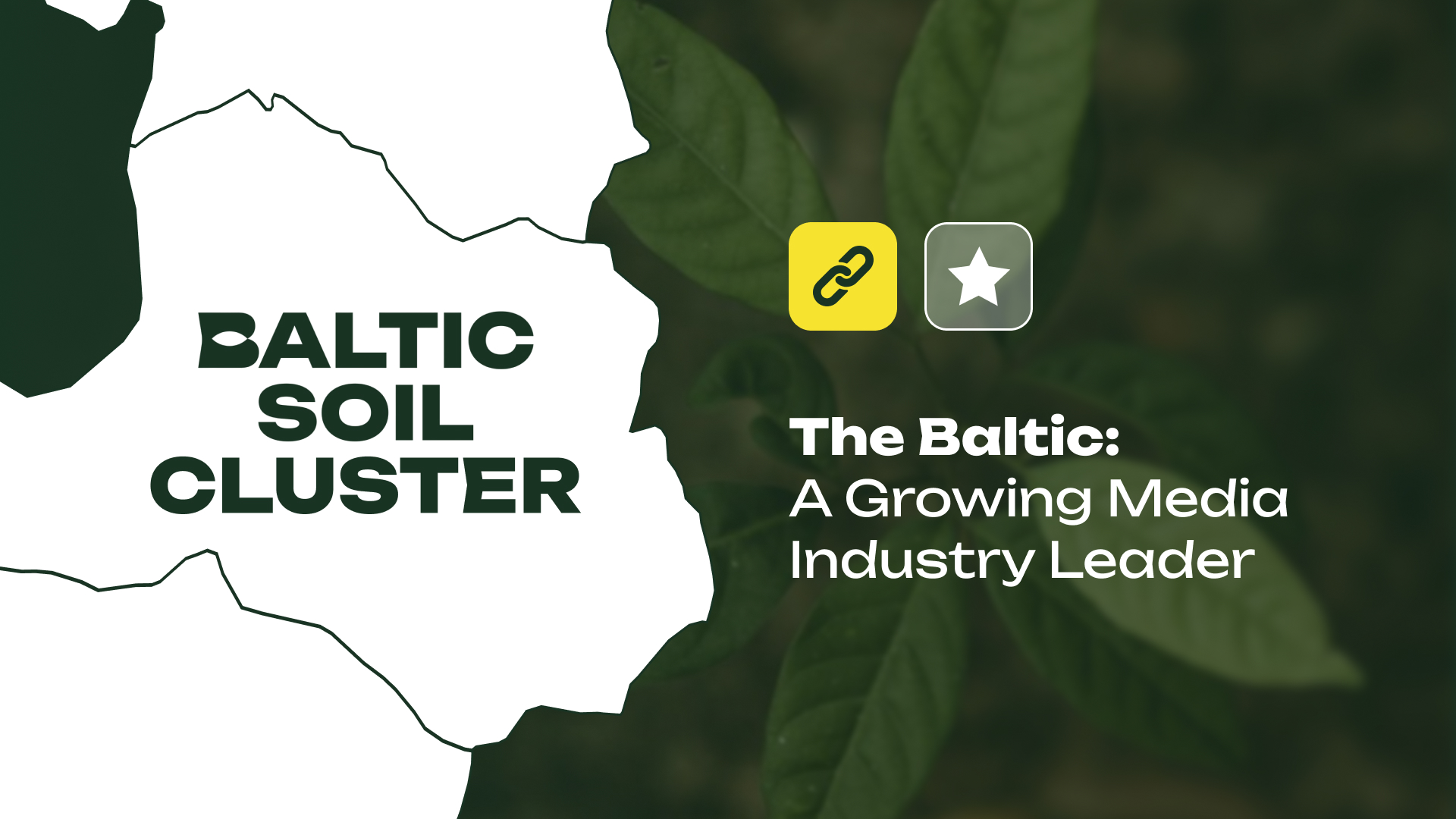
When people think about global agriculture, their minds often go to vast farmlands in the U.S., rice paddies in Asia, or vineyards in Southern Europe. Rarely do they think of the Baltic region. And yet, it’s here – in Lithuania, Latvia, and Estonia – that some of the most important advances in horticultural growing media are being made.
Enter Baltic Soil Cluster, a hub of companies and researchers working together to transform the future of soil and growing substrates.
Feeding a world population expected to reach nearly 10 billion by 2050 is one of the greatest challenges of our time. Urbanization, shrinking arable land, and climate change are putting enormous pressure on food systems.
One overlooked solution lies not above ground, but below it: the growing media that supports roots. Quality substrates improve plant health, speed growth cycles, and optimize yields. But the industry faces a big challenge – how to do this sustainably.
The Baltic states have three unique advantages that make them global leaders in growing media innovation:
This combination makes the Baltics not just a supplier but an innovator in the global horticultural value chain.
As a network, Baltic Soil Cluster unites businesses, scientists, and policymakers under one mission: to build a soil industry that is future-proof. Its work goes beyond production:
By aligning local strengths with global needs, the cluster ensures the Baltic region has a seat at the table in shaping tomorrow’s agricultural systems.
Every innovation coming out of the Baltic region contributes to a more resilient food system worldwide.
The future of agriculture won’t just be defined by drones, AI, or smart irrigation systems – it will be defined by what lies beneath: the soil.
The Baltics may be small on the map, but through Baltic Soil Cluster, they’re proving that size doesn’t define impact. Sometimes, the most transformative solutions grow from the ground up.
💡 Final Thought Next time you see fresh produce in a supermarket, there’s a chance the roots of that food were nurtured in Baltic soil. That’s the quiet, powerful impact of an industry that deserves far more recognition.
Edita Grigaliauskienė
Cluster Coordinator
+370 686 14401
edita.grigaliauskiene@sccic.lt
Aistė Čepaitienė
Cluster Coordinator
+370 61609730
aiste.cepaitiene@sccic.lt

Co-funded by the European Union
© 2025 by Baltic Soil | All Rights Reserved